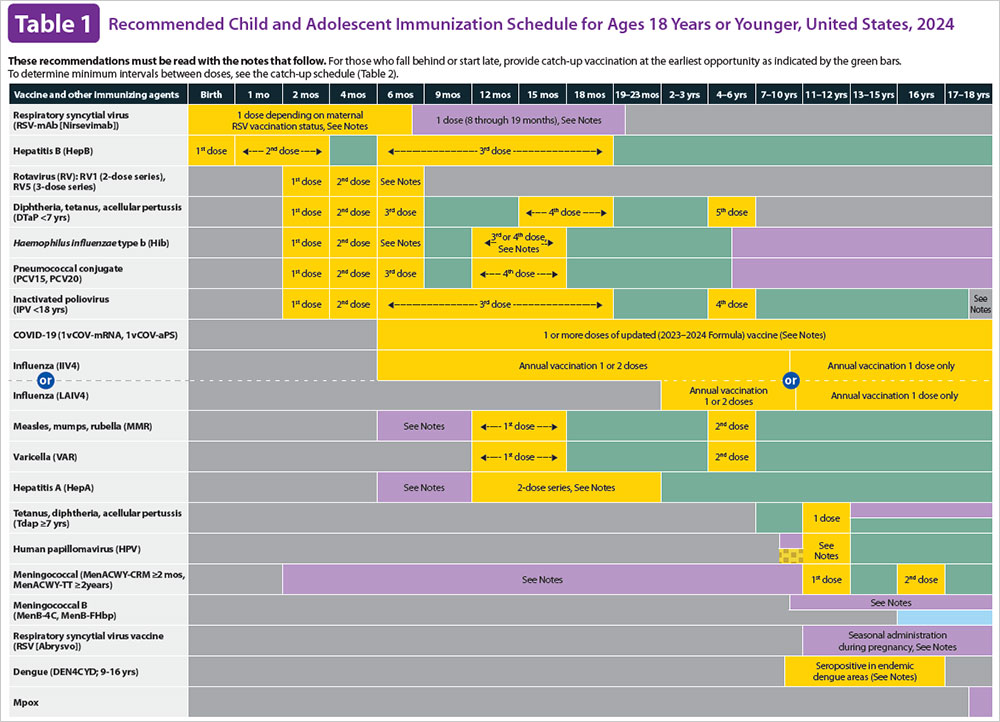Pediatric nutrition plays a pivotal role in laying the foundation for a child’s overall health and development. As parents, caregivers, or educators, understanding the importance of providing balanced nutrition to children is essential for their growth and well-being.

The Crucial Role of Pediatric Nutrition
To begin with, nutrition during childhood is a critical determinant of physical and mental development. It influences cognitive function, immune system strength, and the development of healthy bones and organs. Therefore, ensuring that children receive a well-balanced diet is key to fostering optimal growth and preventing health issues in the long run.
Building Blocks for Growing Bodies
Now let’s delve into the fundamental components of a healthy pediatric diet.
- Essential Nutrients for Growth
- Proteins, carbohydrates, fats, vitamins, and minerals are the building blocks of a child’s growing body. Ensuring a diverse and nutrient-rich diet is crucial for meeting their developmental needs.
- The Power of Protein:Furthermore, protein is vital for the growth and repair of tissues. Sources like lean meats, dairy, eggs, and plant-based options provide the necessary amino acids essential for muscle development and overall health.
- Carbohydrates for Energy:
- Carbohydrates are the primary energy source for active children. Hence, whole grains, fruits, and vegetables offer a steady release of energy, supporting physical activities and sustaining their vitality.
- Healthy Fats for Brain Development:
- Omega-3 fatty acids, found in fish, nuts, and seeds, are crucial for brain development. Including these healthy fats in a child’s diet supports cognitive function and overall neurological well-being.
- Vitamins and Minerals:
- To add on, a rainbow of fruits and vegetables ensures a variety of vitamins and minerals. Thus from vitamin C for immune support to calcium for bone health, each nutrient plays a specific role in a child’s growth and development.
Navigating Picky Eating Habits
Despite the importance of a well-rounded diet, many parents face the challenge of dealing with picky eaters.
- Introducing New Foods:
- Gradually introducing new foods in a creative and positive manner can help children develop a taste for a variety of nutritious options. Experimenting with different textures and flavors makes the experience enjoyable.
- Incorporating Fun and Variety:
- Moreover, transform mealtime into a fun and engaging experience. Use colorful plates, involve children in food preparation, and explore diverse cuisines. Creating positive associations with food can encourage healthier eating habits.
- Setting a Positive Example:
- Children often model their behavior after adults. Demonstrating a positive attitude towards diverse foods and maintaining a balanced diet as a family can influence children to embrace healthier choices.
Balancing Treats and Nutrient-Dense Foods
While moderation is key, it’s essential to strike a balance between treats and nutrient-dense options.
- Understanding Portion Control:
- Teach children about portion sizes and the importance of moderation. Hence, this empowers them to make mindful choices about their food intake and prevents overconsumption of less nutritious options.
- Choosing Smart Snacking:
- Opt for nutrient-dense snacks such as fruits, yogurt, or whole-grain crackers. Therefore, this not only contributes to a child’s daily nutritional intake but also helps in regulating blood sugar levels and sustaining energy.
Conclusion
In conclusion, in fostering the health and well-being of our children, pediatric nutrition stands as a cornerstone. By understanding the significance of a balanced diet, navigating picky eating habits, and striking a balance between treats and nutrient-dense foods, we empower the next generation to thrive.











